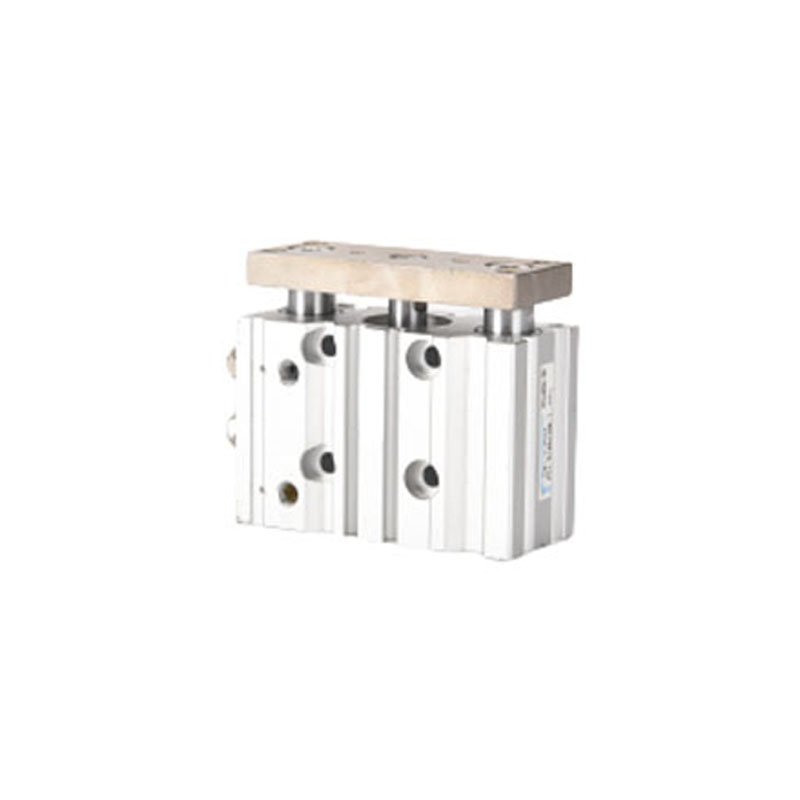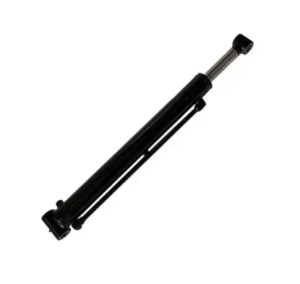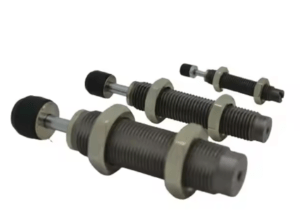The industrial world relies heavily on the efficiency and precision of various components, and one such crucial element is the cylinder. Cylinders play a vital role in a wide range of applications across industries, offering power, control, and reliability.
What is a Cylinder?
A cylinder is a mechanical device that utilizes the power of fluid pressure to generate force in a linear motion. It consists of a cylindrical chamber, a piston, and ports for fluid intake and exhaust. These components work together seamlessly to convert fluid energy into mechanical motion.
Types of Cylinders
There are several types of cylinders commonly used in industrial applications, including hydraulic cylinders, pneumatic cylinders, and electro-hydraulic cylinders. Each type has unique characteristics and is suitable for specific tasks, providing flexibility and precision in various operations.
Applications of Cylinders
Industrial cylinders are extensively used in a diverse range of applications, such as manufacturing, construction, automation, and more. From heavy machinery to intricate control systems, cylinders are integral components that ensure smooth operation and precise control in various processes.
Benefits of Using Cylinders
The versatility and reliability of cylinders make them indispensable in industrial settings. Their ability to generate powerful and controlled linear motion, combined with their durability and efficiency, contribute to increased productivity and cost-effectiveness in operations.
Conclusion
In conclusion, cylinders are essential components that drive the efficiency and productivity of industrial processes. Understanding the different types of cylinders, their applications, and benefits can help businesses optimize their operations and achieve better outcomes.
By incorporating cylinders effectively into your industrial processes, you can enhance performance, precision, and reliability, ultimately leading to success in your operations.
Tex/Fax: 0086-577-62840011
WhatsApp: 0086-13355775769



